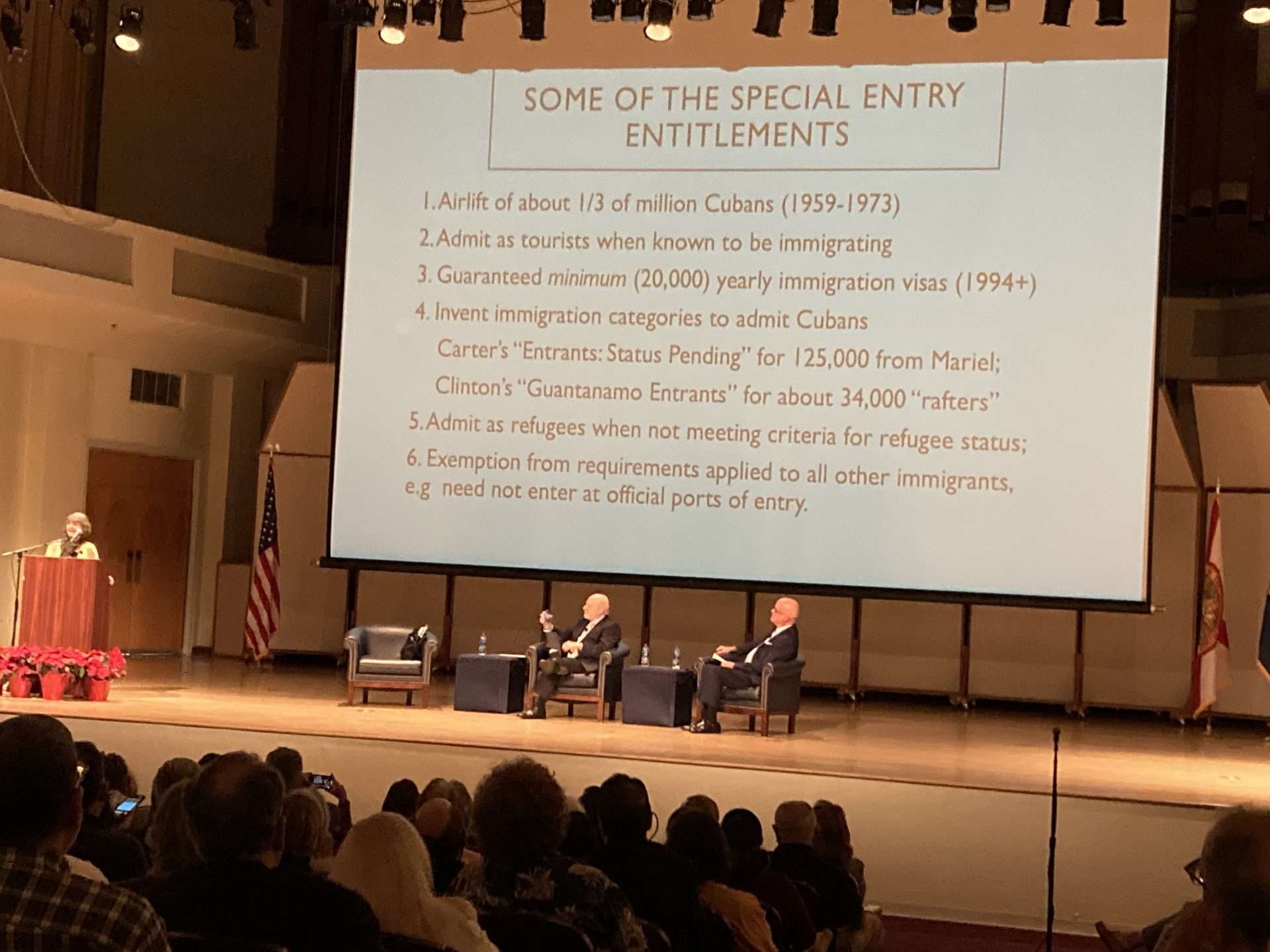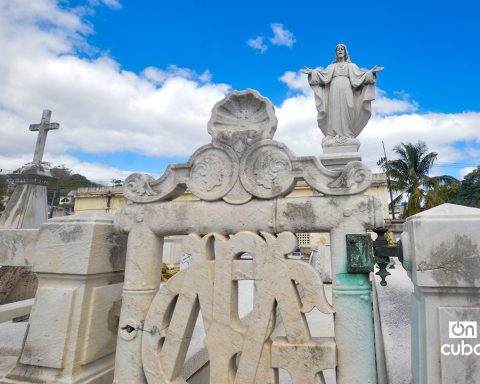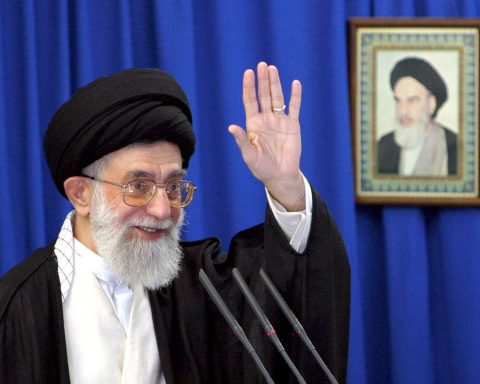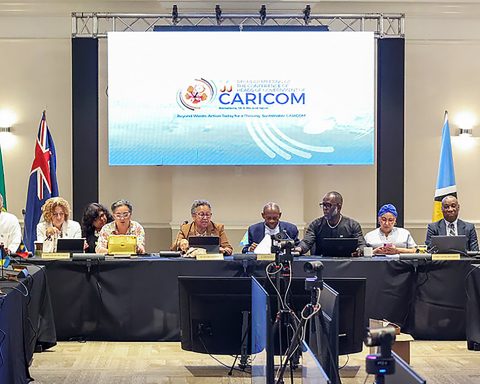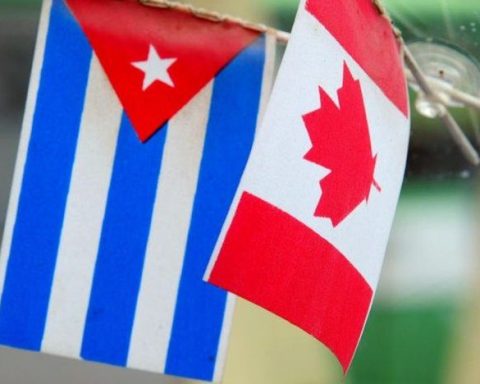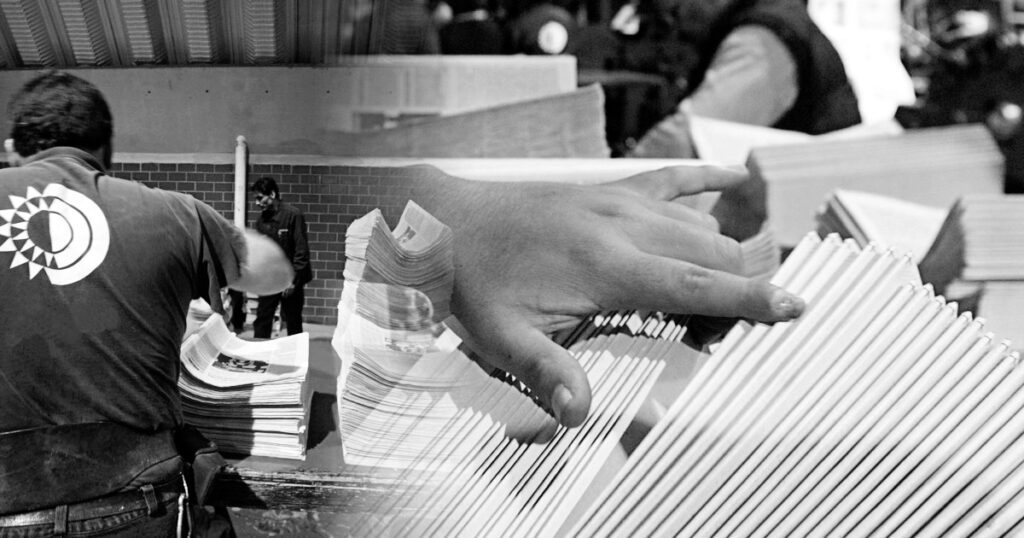Last Friday, Florida International University (FIU) experienced a tense moment when the presentation of an academic book was transformed into a political act.
The book was hardly discussed, but those present ended up learning that there is a new reason to defend the Cuban Adjustment Act: the support for the Russian invasion of the Ukraine by the Havana government.
This was stated by the anti-Castro activist Orlando Gutiérrez Boronat in the middle of an exhibition on Cuban suffering, aimed at dismantling a study that did not deal with exile as such, but with the immigration policy of the United States towards Cubans.
The text by Susan Eckstein, a professor at Boston University, titled C.uban Privilege. The Making of Immigrant inequality in America, analytically addresses the process of favoring Cubans upon settling in the United States during the last 60 years, based on a sequence of laws, decree laws and executive decisions.
This legal process, said the professor, constitutes “a Cold War mechanism that over the decades has become a political-electoral weapon, both for Democrats and Republicans.”
Eckstein presented the conclusions of his investigation starting from The Cuban Adjustment Act (1966), which first grants a work permit and then permanent residence to Cubans inspected one year and one day after entering the country, a law that remains in force more than half a century later.
Presidents like James Carter, Ronald Reagan, George Bush, father and son, Bill Clinton and others created mechanisms that many consider favor Cubans.
But Eckstein did not expose an unprecedented heresy, but a topic/problem addressed by many press articles in different national media. Nor is it anything that other Latin American immigrants have not handled.
Gutiérrez Boronat argued that Cubans defend this ease of migration in the United States because they have a characteristic: “our own persecution.” And that was what he exposed when he had to refute the content of the book before an audience mostly favorable to his views, where there was an evident presence of community political activists.
For 35 minutes, 10 more than the teacher, Gutiérrez Boronat exposed what Cuban-Americans know by heart: the persecutions and sufferings of opponents of the regime. Eckstein for his part complained: “we are here to discuss my book, but we have not talked about the book.”
“I thought I was writing a book to try to understand the evolution of immigration policy towards Cubans,” he said.
Very few people in South Florida have read it because it sold out quickly, not even sold outright. However, many condemned it based on a phantom reading on the grounds that it does not place the Adjustment Act in context within the framework of that “Cuban suffering.”
“I didn’t intend the book to be political,” the author said in response to a student’s question. “I think some of the comments are offensive and not related to the discussion. This is supposed to be a talk about a book.”
Outside, a group of just over half a dozen exiles spared no qualifications, one of them calling the author “a Castro agent.”
Some wonder why FIU allowed a debate subject, in good law, to the rules of the academy game to be distorted. “We trust that the presentation and discussion of the book, as with all of our guest authors, will be a forum where constructive conversations, different points of view, and engagement with multiple perspectives can flourish,” the institution previously announced in a statement.
On the other hand, as a professor said, in the faculty of the University “there are professors who came escaping from Latin American dictatorships, where they were massacred and persecuted as never before in Cuba, and they arrived with sacrifices and without immigration facilities.”
Basically, what happened on the evening was that the Cubans contested the concept that they are privileged by justifying their privilege, said the Miami radio station. WLRN.
